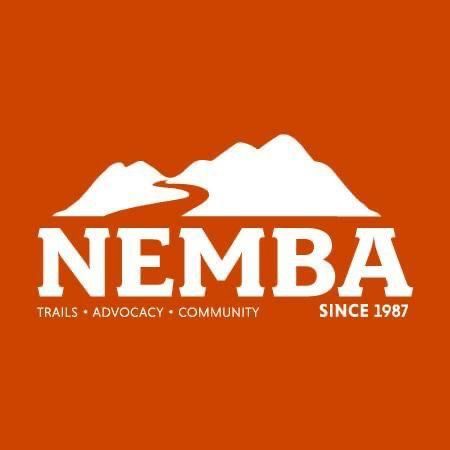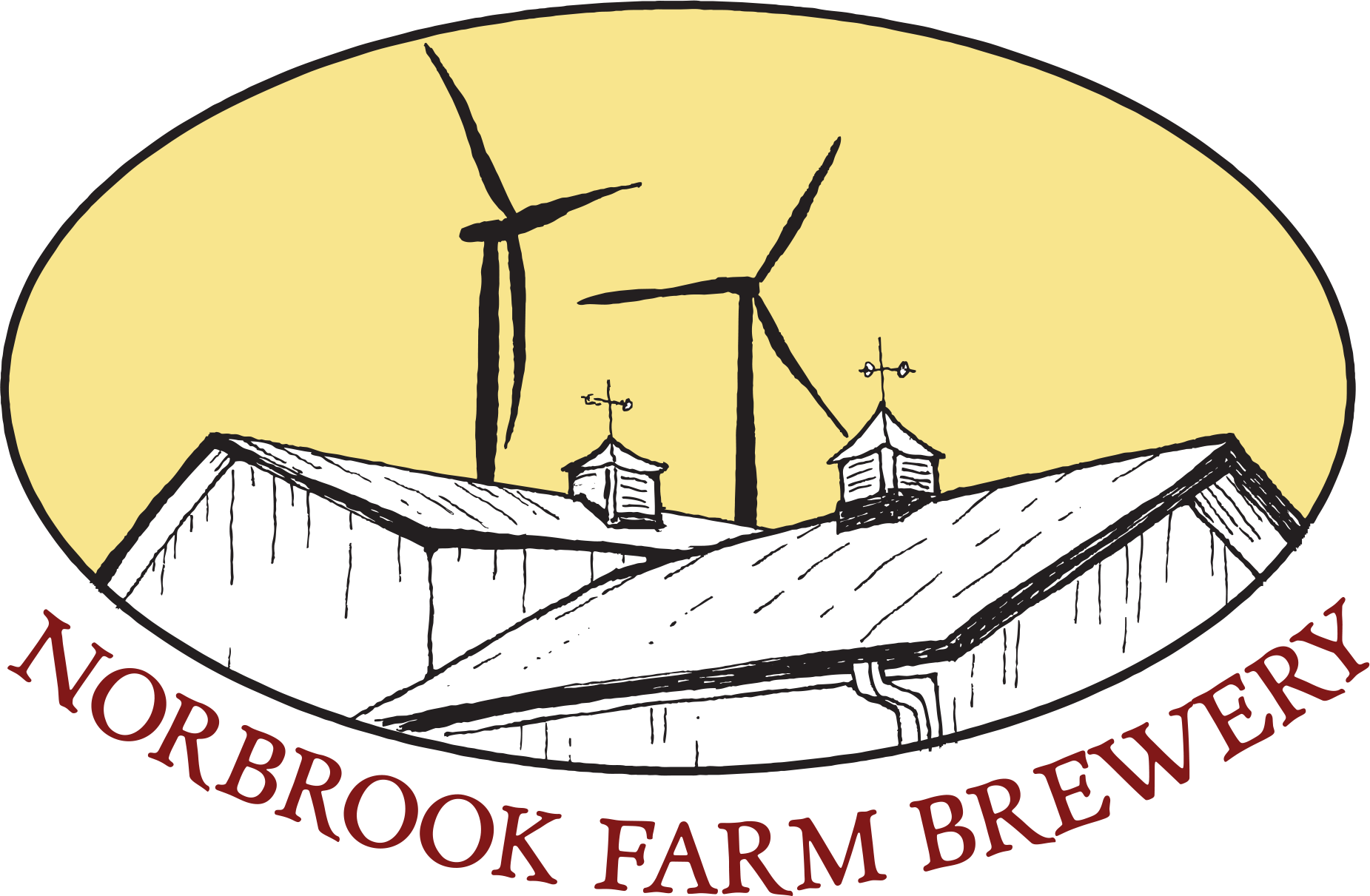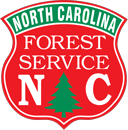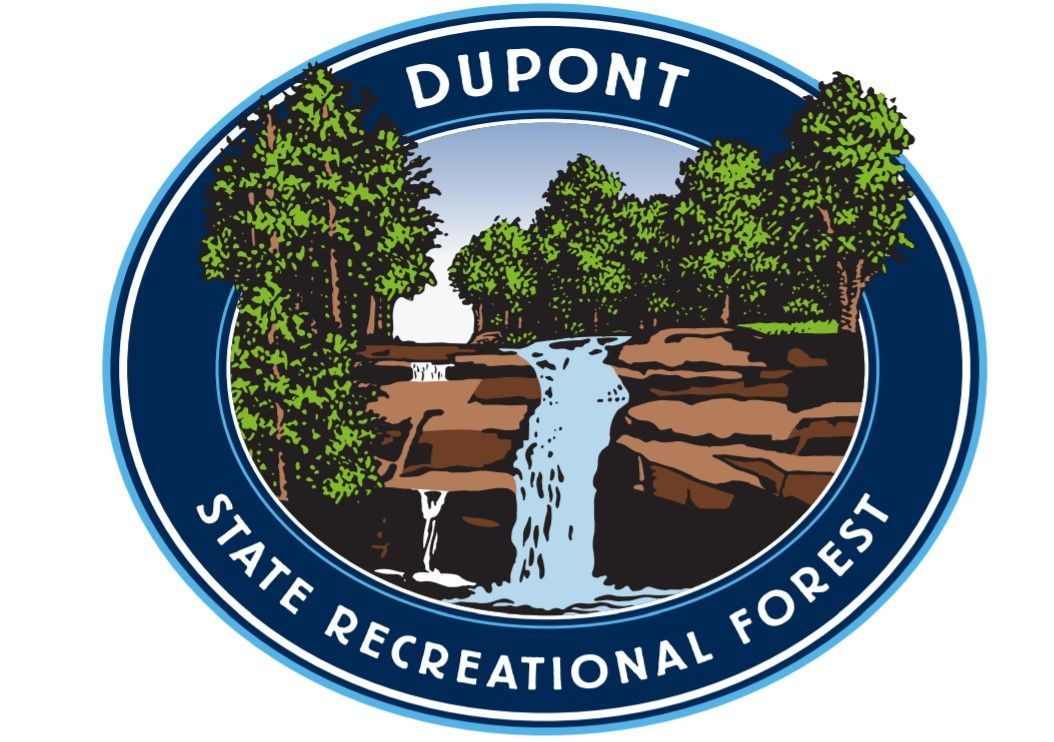3 Reasons to Volunteer Your Time to Build a Local Trail That Aren't So Obvious
3 Reasons to Volunteer Your Time to Build a Local Trail That Aren't So Obvious

How many times have you begun the mountain biking season vowing to yourself that this year will be the year you volunteer to create trails? I've made the same vow to myself far too many times to count. I set out with grandiose ideas to improve my trail karma with some good old-fashioned hard labor, only to find myself at the end of the season having done nothing. My guilt usually takes control at this point, and I donate some money to a trail organization or two whose trails I frequent.
For me, this season was unique. I went out and worked on the trails! I didn't do as much as I had planned at the start of the season, but I did something. Going into it, I was thinking about all of the selfless reasons people do things like this: I'd be helping to relieve some of the burden on other trail builders, stretch limited resources, and, most importantly, assist keep trails in great shape for other riders. However, I discovered that volunteering has its own set of advantages for me. Volunteering at trail days has allowed me to meet new people, improve as a rider, and alleviate some of the guilt I experience when riding for free on trails built by others and in different locales. It's capable of doing the same for you!
Breaking trail is a great way to meet other riders!
When you volunteer for a trail day, you'll be working directly with folks who share your passion for mountain biking. Throughout four days, you will meet people from many walks of life, each with their own unique story to tell. Young individuals, older people, men, women, and affluent and poor people may all be working together. There may be few reasons for these disparate groups to engage in the outside world, but out on the trails, everyone has one thing in common: a passion for mountain biking. People who give their time to work on trails aren't just casual riders, in my opinion. They may be new to the sport or seasoned pros, but they all appreciate it enough to want to see the riding community as a whole have a better experience.
Connection is key
Aside from trail construction, mountain bikers have few other opportunities to engage with one another. When you go for a ride with pals, for example, you're usually with individuals you already know. There may be a friend of a friend or two on the ride, but everyone is there to ride, making meaningful connection tough. Volunteer trail building, on the other hand, allows for a lot of interaction between employees. Teamwork is an option, and in some cases, a requirement. People might chat during breaks to take their minds off the arduous task. After the meeting, there is usually some form of social gathering where participants can discuss about their day over food or a beer.
There are a variety of reasons why you would wish to meet new individuals. Perhaps you want to find riding companions, friends, or perhaps love. It's possible that it's all of the above. Whatever the reason, you can be certain that you and whomever you meet will have one thing in common: a passion for mountain riding.
Improve your riding through trail building!
I doubt anyone is more sensitive of how their riding affects a trail than someone who has spent time either constructing or maintaining trails. Anyone who has spent time working on trails understands how much time and effort goes into keeping them in good shape, and would be the last person to intentionally damage them. This begins to manifest in their riding after enough time spent working on trails.
A person's riding can ruin a path in a variety of ways. I won't list them all, but some of them might involve riding in the mud if the trails are built on moist terrain, or sliding around curves and down steep hills, which disturbs the ground. It's easy for riders who haven't spent much time on the path to forget that the damage they inflict must be corrected. This isn't to argue that any of this is done on purpose, but after spending valuable time and work fixing trails, riders will appreciate the importance of riding responsibly.
Time spent creating can make you a more efficient rider, in addition to being more respectful of the terrain. You could spend minutes or hours as a volunteer working on a few meters of path. It takes little more than a few seconds to bike the same few meters. The more time you spend working closely with specific trail features, the more understanding you'll have of how to get around and over them. This might apply to anything from jumps to rock gardens, as well as everything in between.
Volunteer and eliminate the guilt trip!
When I ride trails outside of what I perceive to be my home area, I often reflect on the amount of effort that has gone into their construction. Most of the time, when you go riding, you're riding on trails that someone else has created for your benefit. And, if you're using the trails for free (i.e., not at a bike park), the resources used to develop them are likely to have come from volunteer trail-building time, donations, or government grants in some situations.
If you think about how much labor has gone into those trails for a long time, you may begin to feel guilty about taking advantage of someone else's hard work. This guilt, on the other hand, is unjustified if you've done trail work yourself, even if it's just on your own trails. I'm guessing that most mountain bikers travel to ride at least once a year. It's safe to assume that if you put in the effort to keep your home trails in excellent shape for others, others will be delighted to keep their trails in good shape for you. In a sense, you're exchanging the labor you put in on your trails for the work someone else puts in on theirs.
Don’t sweat it!
Trail building requires getting dirty and working up a sweat, but if that's not your thing, there are alternative ways to help and still reap the benefits described above. Although every trail associations are distinct, many of them require volunteers for jobs other than trail construction. Your local trail association, for example, may be looking for volunteers to join its board of directors or executive committee. Perhaps they're searching for proposal writers to submit grant applications or volunteers to coordinate. These are all positions where you can meet like-minded individuals, acquire respect for the trails, and feel good about your contributions when you ride trails away from home, even if you aren't sweating it out in the field. So, why not join a trail association near you and volunteer? It's a win-win situation for you and the trail users.














